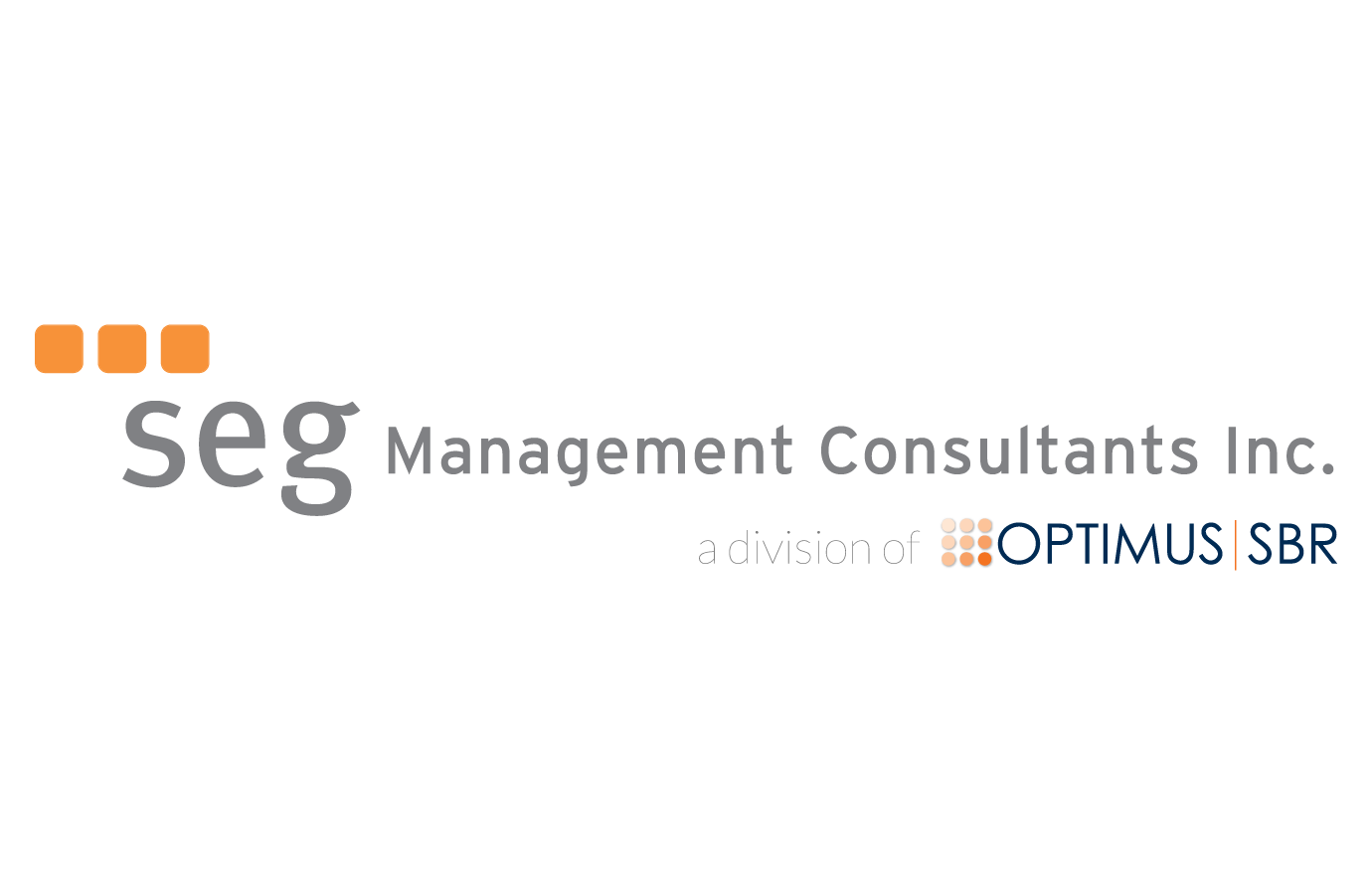We are proud to announce that OPTIMUS | SBR has acquired SEG Management Consultants Inc. (SEG), a public sector consulting firm focused on supporting government ministries, public agencies, and not-for-profit organizations.
The purchase of SEG is yet another strategic investment for us as it supports our goal of strengthening and expanding our position as a trusted advisor in the public sector.
The Benefits
There are several distinct advantages of this acquisition that will help us continue to meet the needs of our clients and partners:
- Access to highly seasoned SEG consultants and strategic partners, many of whom have held senior executive positions in government, and have first-hand experience dealing with the realities our clients face on a daily basis.
- Enhanced capabilities and service offerings, specifically within the Regulatory, Fairness, and Procurement practices.
- Broader representation across the sector as we leverage SEG’s relationships with various constituencies, allowing for strong collaboration opportunities amongst our clients and partners.
A Look Ahead
The SEG acquisition marks a significant milestone for our firm, as it is the second we have made in the past month. These recent additions continue to drive the tremendous growth of OPTIMUS | SBR and enhance the value we provide to our clients and partners.
Thank you for sharing in these exciting times for our firm. As always, we thank you for your continued support and interest in OPTIMUS | SBR.

Optimus SBR Celebrates 6 Consecutive Wins as 2024 Best Workplaces™ in Professional Services
Our commitment to a people-first approach has been central to being recognized in 2024 for the sixth time as one of the Best Workplaces™ in Professional Services and the key to our overall success.

12 Best Practices to Increase Cross-Team Collaboration and Enhance Organizational Alignment
Enhancing cross-team collaboration drives innovation, optimizes resources, improves overall performance, and ensures every part of your organization works toward the same goals.

Enhancing Your Data Strategy for Success: The Power of Metadata
Metadata goes beyond just aiding in data retrieval. It ensures your data is secure, compliant and, most importantly, understood consistently by everyone in the organization.

Optimizing Language Translation Strategies: Beyond Compliance to Enhanced Operational Efficiency
The introduction of Quebec’s Bill 96 in Canada underscores the necessity for comprehensive translation strategies. Integrating machine translation technologies helps meet regulatory requirements while enhancing translation speed, cost efficiency, and operational effectiveness.

How to Manage Gen Z: 16 Strategies to Engage and Retain Young Talent
These practical strategies lead to a workplace that is better aligned with the values and expectations of Gen Z employees, ensuring that your efforts to attract and retain Gen Z talent are both successful and sustainable.

How to Measure the Success of Learning and Development: 12 Important Metrics to Evaluate
Quantifying the success of L&D training programs can be challenging. Learn about selecting and measuring the right metrics to determine whether your training efforts are truly making an impact.



